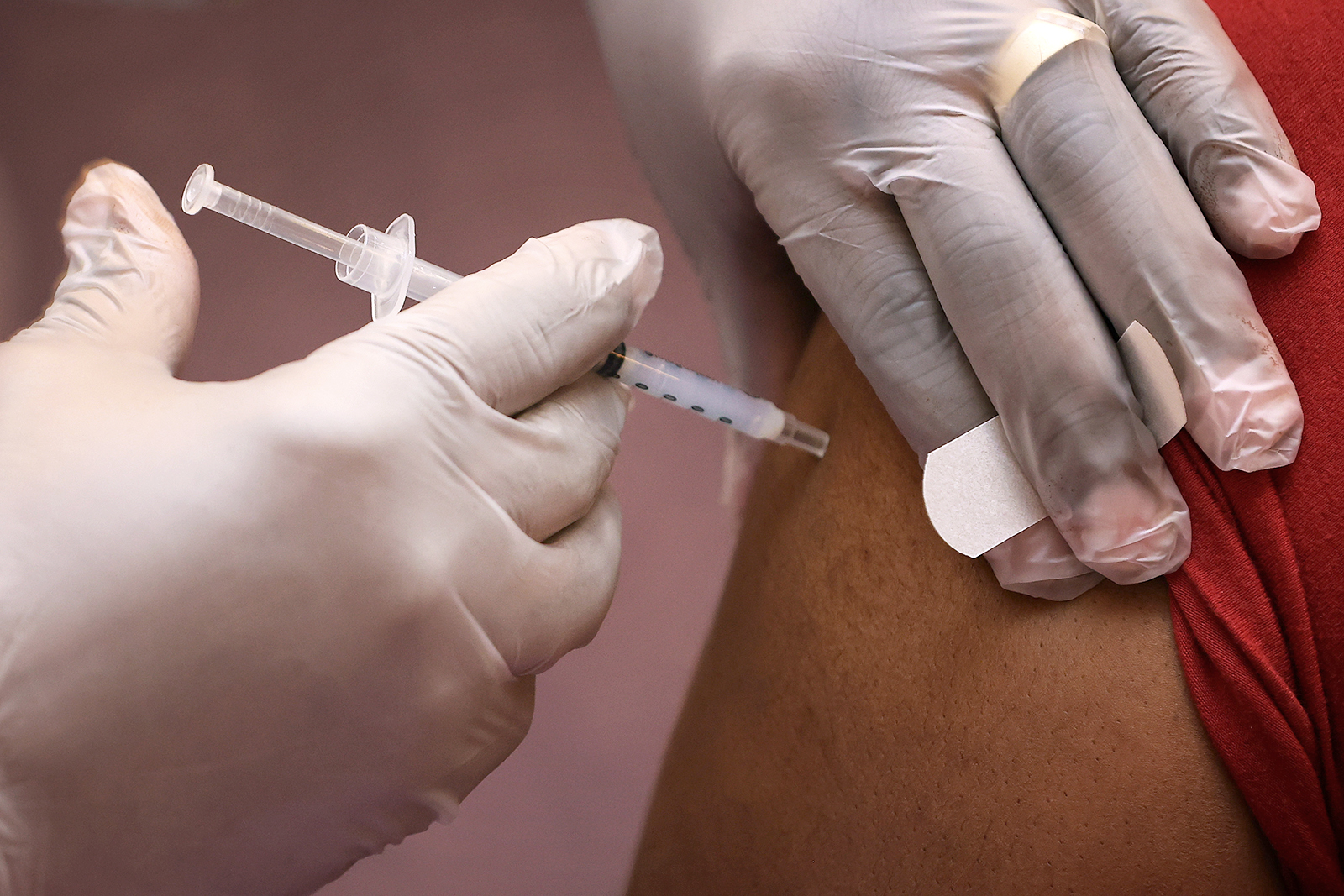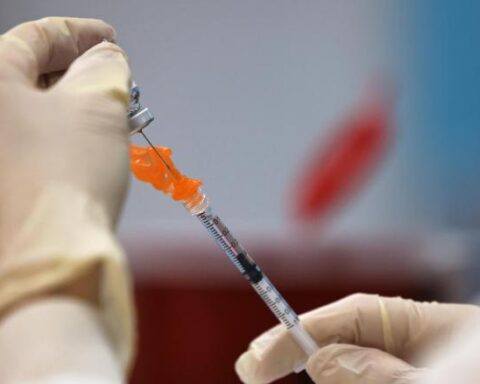Under real world conditions, the Pfizer and Moderna Covid-19 vaccines provide highly effective protection, according to a new report from the US Centers for Disease Control and Prevention.
At full vaccination, the vaccines were 90% effective at preventing infections, including infections that had no symptoms. At least 14 days after first dose but before second dose, they were 80% protective, according to the agency’s Morbidity and Mortality Weekly Report published Monday. The CDC said it is the first of many planned Covid-19 vaccine effectiveness studies.
The study looked at how the vaccines protected nearly 4,000 health care workers and first responders. The volunteers in the study worked in eight locations around the country and had been observed from mid-December to mid-March.
The CDC tested volunteers routinely regardless of symptoms. The CDC also monitored the volunteers through text message, e-mail and direct medical reports. The volunteers also did a nasal swab once a week.
Most of the volunteers, more than 62%, had received both doses of either a Pfizer or Moderna Covid-19 vaccine. More than 12% had received just a single dose.
Among the 2,961 people vaccinated with one or more doses and the 989 unvaccinated participants, a total of 205 had a positive PCR test for Covid-19. One hundred sixty-one infections were identified when participants were unvaccinated; eight were identified among those partially immunized and three were identified among those fully immunized — more than 14 days after their second dose of vaccine. Thirty-three identified cases were excluded because the person’s immune status was not clear.
More than 87% of Covid-19 cases had symptoms. Nearly 23% of the cases sought help from a doctor. There were two hospitalizations, but no deaths.
The results of this study are similar to what scientists saw in clinical trials for the vaccines, but studies like this are important to show how effective the vaccines are, particularly in a population that, through their work, can encounters a large number of people who have Covid-19.
The results showing the level of protection from a single dose after two weeks are similar to findings from other recent studies in the UK and Israel.
“Reducing the risk for transmissible infection, which can occur among persons with asymptomatic infection or among persons several days before symptoms onset, is especially important among health care personnel, first responders, and other essential and frontline workers given their potential to transmit the virus through frequent close contact with patients and the public,” the report concluded.
“This study is tremendously encouraging,” CDC Director Dr. Rochelle Walensky said Monday at the White House Covid-19 briefing. “These findings also underscore the importance of getting both of the recommended doses of the vaccine in order to get the greatest level of protection against Covid-19, especially as our concerns about variants escalate.”
“Our national vaccination efforts are working,” Walensky added.
The US has made a big push to get people vaccinated. As of Monday, nearly 29% of the US population — more than 95 million people — have received at least one dose, and nearly 16% of the population — about 52.6 million people — are fully vaccinated, CDC data shows. Among those 18 and older, more than 1 in 5 are fully vaccinated.
“Get vaccinated when you can,” Walensky said. “So that all those people that we all love will still be here when this pandemic ends.”


